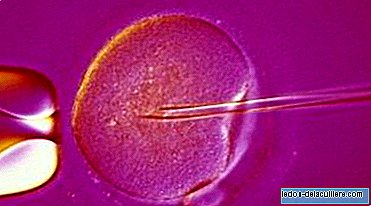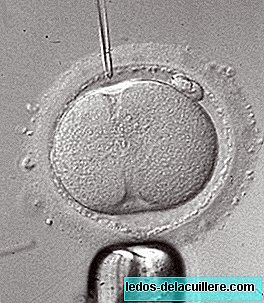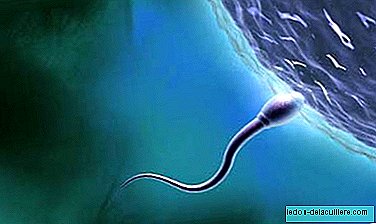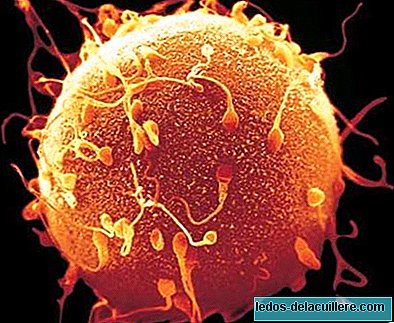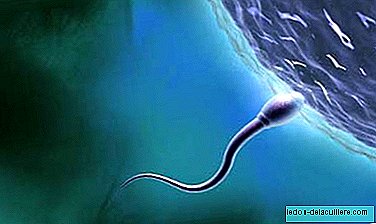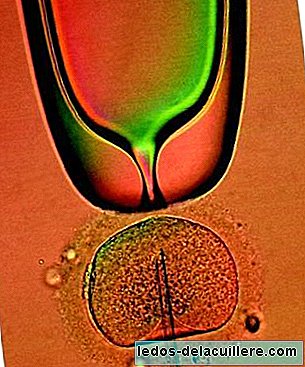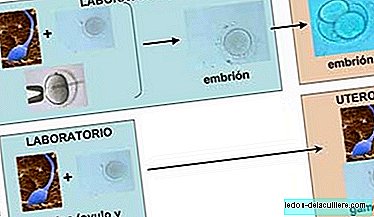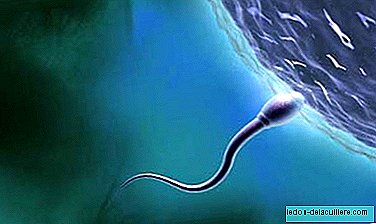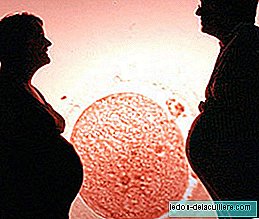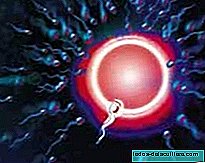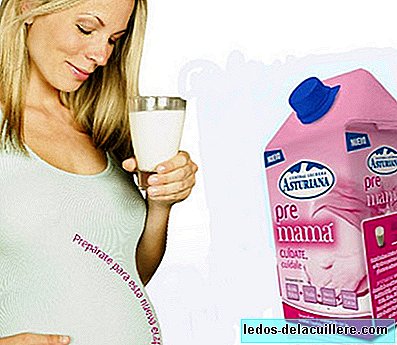It seems clear that the psychological state, not only of the future mother, but also of the couple, influences when conceiving a baby naturally, although perhaps in the case of fertilization treatments neither anxiety nor depression affect the process success. This follows from a study conducted in Holland on more than 400 women under a first fertilization treatment.
Read MoreFertility
One of the consequences of the delay in maternity age is the considerable increase in the number of treatments with egg donation, which is not surprising if we take into account that only in Spain more than 800,000 couples are infertile and the number of new cases grows at a rate of 16,000 a year.
Read MoreCould man's intelligence determine the quality of his semen? Research in the United Kingdom suggests that yes, smarter men are more likely to produce higher quality sperm. The study, published in the journal "Intelligence", seems to support the idea that genes that have to do with intelligence could have other biological effects.
Read MoreA study conducted by the Valencian Institute of Infertility reveals that the semen quality of the Spaniards is one of the worst in Europe, however it is one of the most effective in achieving pregnancy. Comparing it with other thirteen countries, the semen of the Spaniards is at the tail in terms of volume (9th position), mobility (10th place) and concentration (11th place), leaving behind in this parameter the Turks and Belgians who also have the last position in the other two factors.
Read MoreIn Spain, a pioneering technique is beginning to be applied that allows choosing the best sperm for use in an assisted reproduction process, the IMSI. These acronyms mean "Intracitoplasmic Microinjection of Morphologically Selected Sperm", and ultimately what it is about is to increase up to 8.
Read MoreIt seems clear that technical advances in assisted reproduction bring us favorable data about its effectiveness. But there is still a very high number of multiple pregnancies, since of the embryos obtained after in vitro fertilization, several are usually selected for implantation in the maternal uterus, so that at least one develops until the end .
Read MoreArtificial reproduction techniques advance every day to offer solutions that are more in line with the needs of each couple. In Vitro fertilization has managed to convert thousands and thousands of couples into parents, however, many sterile couples (20%) do not resort to it for ethical or moral reasons because they do not agree with fertilization produced outside the uterus and the discarding of embryos left over.
Read More57.8% of Spanish youths have poor semen, not reaching the parameters that the World Health Organization (WHO) considers normal, according to data from a study conducted by more than 60 assisted reproduction centers in Spain . This study shows that poor seminal quality would be due to pollution due to industrial toxic substances, since it is in the most industrialized Spanish regions where the semen of young people is of a quality up to 3 times lower than that of others zones.
Read MoreI do not mean that holidays help to conceive children because we lower the level of stress, which also, (there are even hotels that organize procreation vacations), but to the increase in assisted reproduction treatments in the summer time. The summer months are an ideal period for couples looking to get pregnant using an artificial technique.
Read MoreAssisted reproduction is usually related to worse health conditions of the baby compared to those conceived naturally. A study recently published in The Lancet has found that conception by assisted reproduction was associated with an average birth weight 25 grams lower, a pregnancy two days shorter, a 26 percent greater risk of being smaller than gestational age and a 31 percent higher risk of perinatal death.
Read MoreThe data indicate that the demand for assisted reproduction techniques that require a donor has grown, due to various causes, mainly the delay in deciding to have a child. Currently, 3 out of 10 couples who undergo assisted reproduction require ovules or sperm donated to have a child.
Read MoreIn Babies and more we have talked several times about factors that can affect the quality of sperm. For example, tobacco, very hot baths, ozone or age, among others. A study published by Reuters Health, after investigating the effects of 5 brands of vaginal lubricant on sperm, states that only one did not significantly reduce the ability of sperm to swim (motility) or the integrity of the chromosome's genetic material.
Read MoreIt is often mistakenly thought that while the mother is breastfeeding, she cannot get pregnant because ovulation does not occur. But there are many nuances that must be taken into account, and that make the reappearance of the rule after childbirth not equal in all women. If you are breast-feeding your baby and there is no idea of a new pregnancy in your plans, it is better to take proper precautions with the most appropriate contraceptive methods for this stage.
Read More

